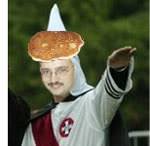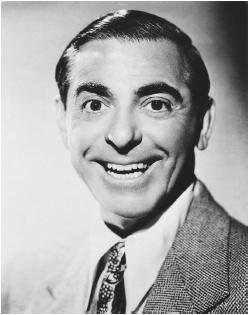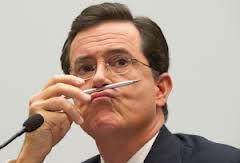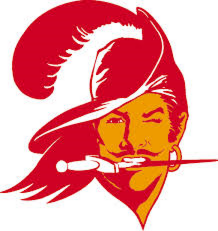88 wrote:Democrats are socialists, Terry. So are many Republicans, at least the ones that Jsc810 likes.
If you believe that, then you and I have different definitions of socialism.
They all believe in a large central government that is empowered to use force, as may be necessary, to confiscate property owned by citizens they deem to have too much so that it can be redistributed by the large central government to citizens they deem to have too little.
Yep, we most certainly do.
My definition is more in line with that found at
http://dictionary.reference.com/browse/socialism?s=t which provides as follows:
so·cial·ism [soh-shuh-liz-uhm]noun
1. a theory or system of social organization that advocates the vesting of the ownership and control of the means of production and distribution, of capital, land, etc., in the community as a whole.
2. procedure or practice in accordance with this theory.
3. (in Marxist theory) the stage following capitalism in the transition of a society to communism, characterized by the imperfect implementation of collectivist principles.
Now, if you can provide me an example of a successful mainstream Democratic or Republican politician who espouses these ideas, I'm all ears. The closest example I can come up with is Vermont Senator Bernie Sanders, who, although he caucuses with the Democrats, is quite pointedly not a Democrat.
As for taxation, taxation, in and of itself, is not inherently socialist. It's quite clear that the Constitution gives Congress the power to raise and collect taxes.
If you think Lincoln, Eisenhower and Reagan had views similar to that, then so be it. I don't.
You'll notice that I never once mentioned Reagan. That wasn't an oversight.
In fact, Reagan is where JSC and I part company on this particular analysis. I don't think the current Michelle Bachmann/Sarah Palin wing of the Republican Party ever would have been possible in the first place without Reagan as an ideological forbear.










